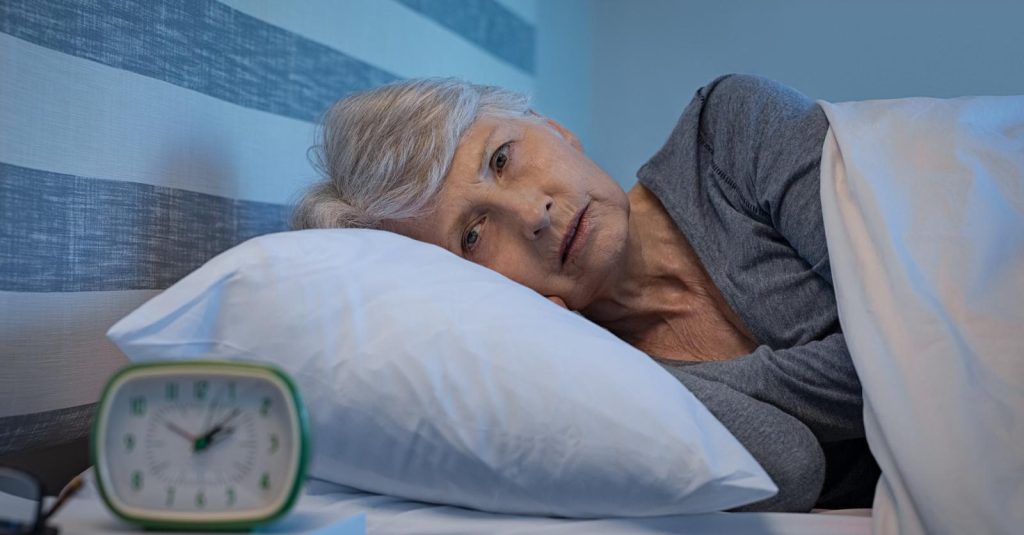9 out of 10 Belgians associate Parkinson's disease with muscle problems. However, sleep problems are less well known, although 70-90% of people with Parkinson's disease experience them.
Parkinson's disease is second only to Alzheimer's disease The second largest and fastest growing brain disease in the world. This neurodegenerative disorder causes the brain to age faster and affects approximately 6 to 10 million people worldwide. According to expectations, this number will double by 2040. In Belgium, there are about 40 thousand people with Parkinson's disease. Most people develop Parkinson's disease when they are over 65 years old, but 25 to 30 percent develop it between the ages of 40 and 50 years.
Parkinson's disease is known for its often unclear symptoms
At the initiative of AbbVie, an innovative biopharmaceutical company, the research agency IVox conducted a survey among 1,000 Belgians in the context of World Parkinson's Day. 96% of Belgians claim to have Parkinson's disease. When asked about the consequences of the disease, 93% of participants said that the disease affects the muscles. 65% believe that Parkinson's disease affects memory and 66% believe that the disease can affect patients' sleep.
“Many patients are aware of the motor consequences that affect how they move; they involve a combination of slowness of movement, muscle stiffness, sometimes tremors, and difficulty walking. Non-motor complaints are less visible and therefore less well known. But the vast majority are about 70 to 90% of patients suffering from Sleep disorders“, says Femke Dijkstra, UZA neurologist.
Sleep problems cause faster motor and cognitive deterioration
Sleep problems can manifest in different ways. Some people with Parkinson's disease have difficulty falling asleep and staying asleep due to hormonal changes, causing them to stay awake often during the night. Others sleep well at night, but feel very sleepy during the day. Other patients become very stiff, making it difficult to turn around and get up quickly. Many patients develop bladder problems and regularly have to get out of bed to go to the toilet. Uncontrolled movements and disturbed dreams are often recurring problems.
“Disturbed sleep affects daytime performance. Due to sleep deprivation we see an increase in cognitive complaints such as decreased concentration and increased difficulty paying attention. There is evidence to suggest that patients who sleep poorly in the long term also experience faster motor and cognitive decline. Lack of sleep can also lead to increased anxiety and mood complaints such as depression, although this is not always a direct result of lack of sleep.

“Coffee buff. Twitter fanatic. Tv practitioner. Social media advocate. Pop culture ninja.”











More Stories
“Ask at least one question in return.”
According to research, people with this sleep rhythm live longer.
13 municipalities in the province of Seville have mosquitoes carrying the Nile virus